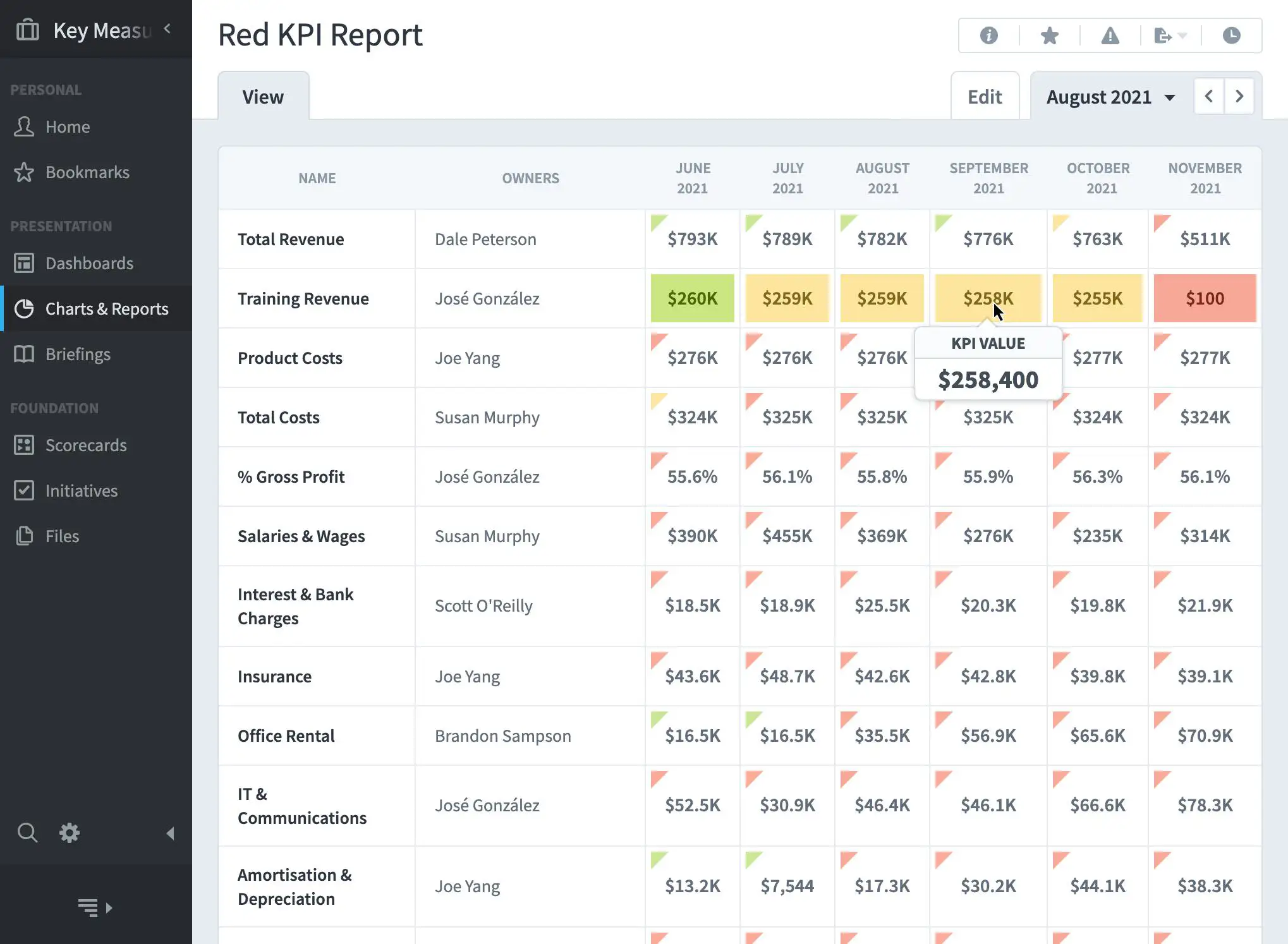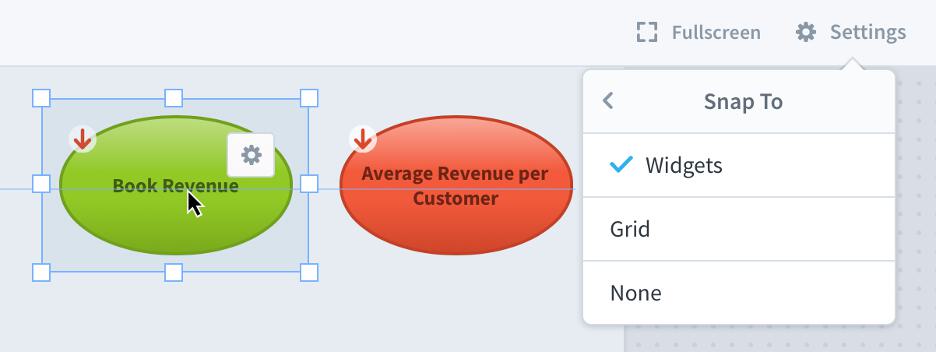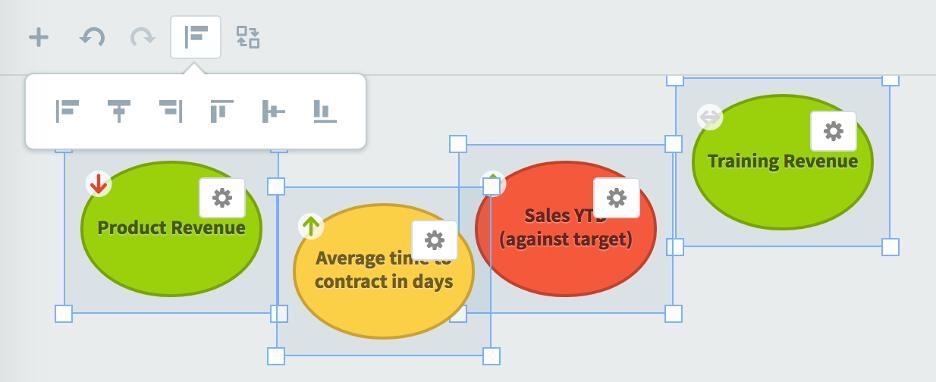Set Your Nonprofit Up for Success: Track Your KPIs

Running a nonprofit organization can be incredibly rewarding, but it can also be challenging. One of the biggest challenges that nonprofit leaders face is figuring out how to measure their organization's success. After all, if you don't know how well you're doing, how can you make sure you're making a real difference in the world?
That's where key performance indicators (KPIs) come in. KPIs are specific, measurable, and time-bound metrics that help you track your nonprofit's progress over time. By setting clear, measurable goals and tracking your KPIs, you can ensure that your organization is making the biggest impact possible.
Nonprofit KPI tips
So, how do you set your nonprofit up for success by tracking your KPIs? Here are a few tips to get you started:
1. Start with your mission.
Before you can set meaningful KPIs, you need to know what you're trying to accomplish. Start by revisiting your nonprofit's mission statement and breaking it down into specific goals and objectives. For example, if your mission is to "improve access to education for children in low-income communities," you might set a goal to "increase the number of children in low-income communities who are enrolled in school by 10% over the next year."
2. Identify the most important metrics to track.
Once you have a clear understanding of your goals and objectives, it's time to identify the metrics that will help you track your progress. Some examples of metrics that might be relevant for a nonprofit focused on education might include:
- Number of children enrolled in school
- Test scores for children in low-income communities
- Attendance rates for children in low-income communities
- Number of teachers trained in effective teaching methods
See below for even more example KPIs.
3. Track your metrics regularly.
Once you've identified the metrics that are most important to your organization, it's time to start tracking them regularly. This might mean setting up a system to collect data on a regular basis, such as monthly or quarterly, or it might mean creating a dashboard that allows you to see all of your key metrics in one place. Whatever method you choose, the important thing is to make sure that you're tracking your metrics on a regular basis so that you can see your progress over time.
4. Use your data to make informed decisions.
Once you've been tracking your metrics for a few months, you'll start to see patterns and trends in your data. Use this information to make informed decisions about how to improve your nonprofit's performance. For example, if you notice that attendance rates for children in low-income communities are low, you might want to investigate why this is the case and take steps to improve attendance.
Choosing KPIs for nonprofits
Nonprofits play a crucial role in shaping and improving our communities, and tracking key performance indicators (KPIs) is essential for ensuring that their efforts are making a positive impact. By measuring progress and identifying areas of improvement, nonprofits can make data-driven decisions that lead to greater success and impact.
One of the most important KPIs for nonprofits is the number of people they serve. This includes the number of clients, number of volunteers, and number of donors that engage with the organization. Tracking this metric allows nonprofits to understand their reach and impact within the community, and to identify areas where they can expand their services.
Another important KPI is the cost per program or cost per service. Nonprofits rely on donations and grants to fund their operations, and it is essential to ensure that these resources are being used efficiently. By tracking the cost per program or service, nonprofits can identify areas where they can reduce expenses and allocate resources more effectively.
Fundraising is also a critical KPI for nonprofits. This includes tracking the number of donations received, the amount of money raised, and the success rate of fundraising campaigns. By monitoring these metrics, nonprofits can understand the effectiveness of their fundraising efforts and identify opportunities for improvement.
In addition to financial KPIs, nonprofits should also track their impact on the communities they serve. This can include measures such as the number of people who have gained employment or number of people who have gained access to healthcare as a result of the organization's efforts. By tracking these metrics, nonprofits can demonstrate the value of their work and communicate their impact to stakeholders.
Finally, nonprofits should also track engagement metrics such as the number of website visitors, social media followers, and email subscribers. By monitoring these metrics, nonprofits can understand how they are connecting with their audience and identify opportunities to build deeper relationships with supporters.
Tracking KPIs is essential for nonprofits to ensure that they are making a positive impact in their communities. By measuring progress and identifying areas of improvement, nonprofits can make data-driven decisions that lead to greater success and impact. Remember, data is power, it can be a tool that helps you to communicate the impact of your work to your stakeholders and donors, and to show them how their contributions make a difference. Inspire them with your results!
Going beyond KPIs
Tracking your KPIs is one of the most important things you can do to ensure the success of your nonprofit organization, but it's not the only thing. In addition to tracking your progress, there are several other steps you can take to set your nonprofit up for success.
First, it's essential to build a strong team of dedicated and passionate individuals. Your team should be diverse, with individuals who bring a range of skills, perspectives, and experiences to the table. By building a team that is representative of the community you serve, you can ensure that your nonprofit is truly meeting the needs of those it serves.
Another key aspect of building a successful nonprofit is to create a culture of continuous learning and improvement. This means regularly assessing your programs and services to see what's working and what's not, and using that information to make adjustments and improvements. It also means providing your team with the resources and support they need to continue learning and growing in their roles.
One of the best ways to create a culture of continuous learning is through collaboration. By building partnerships with other organizations and sharing knowledge and resources, you can increase your impact and create new opportunities for growth. This can also help you to leverage the strengths of other organizations and fill in any gaps in your own capacity.
Communication is also a critical component of building a successful nonprofit. Regularly sharing your organization's progress and impact with your donors, volunteers, and the community can help to build trust and support. It also helps to keep everyone informed and engaged, which is essential for maintaining a strong and committed team.
Finally, it's essential to stay true to your mission and values. Nonprofits often face pressure to chase funding and grants, but it's essential to remember that the ultimate goal is to make a positive impact on the community you serve. By staying true to your mission and values, you can ensure that your nonprofit remains focused on the most pressing needs and that your efforts are having the greatest impact possible.
Automate your KPIs
To accurately capture and analyze this data, your organization needs to institute the right practices and procedures. This process becomes simplified and streamlined when you purchase and work with the right KPI and metrics management software, such as Spider Impact. For example, our customer VersAbility has achieved great success managing KPIs and delivering interactive Board presentations with Spider Impact.

When you capture KPIs effectively, you can share with your board (and understand for yourself) how to best operate and perform according to what is and isn’t working in your organization. Then you can put initiatives in place to focus on what IS working, and continue on the path to success.
Spider Impact can help optimize your organization's strategic performance and reporting by effectively and efficiently tracking your KPIs. Request a free trial or demo.
Demo then Free Trial
Schedule a personalized tour of Spider Impact, then start your free 30-day trial with your data.






